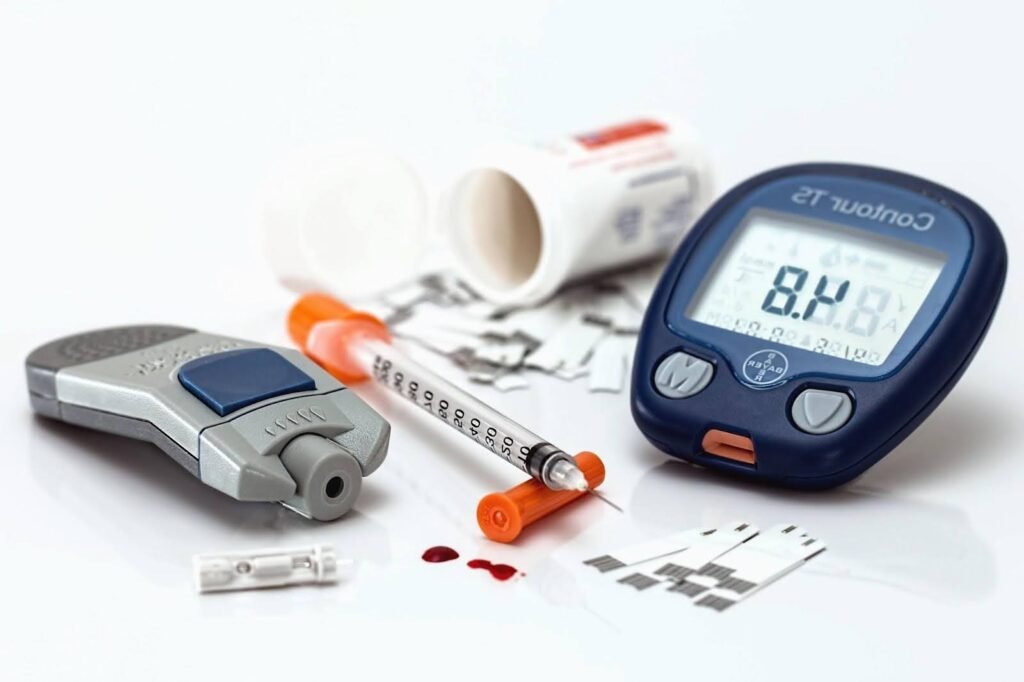Digital advancements have brought a life-changing shift in healthcare. The outcomes are more effective than ever, from diagnosing diseases to their treatments.
As years pass, there have been numerous changes in healthcare, which have proved beneficial to the community. In the past, diagnosing diseases took a long time, and treatments sometimes failed. But thanks to new technologies, doctors can detect problems early and provide better treatments. Computers examine medical images, and machines assist with these procedures. These shifts are making healthcare faster, safer, and more accurate.
One massive change is shifting from paper to digital systems. Hospitals now use computer systems to compile patient information, making access easier for doctors and preventing errors. People can now monitor their blood sugar and heart rates on wearable devices, helping to monitor serious health issues before they start.
Many new ideas are improving healthcare today. Some of these are:
Customized Treatments: Doctors can now design treatments based on a patient’s unique health needs, improving recovery chances. Genetic profiling can fully eradicate potential risks or susceptibilities to the side effects of these treatments.

The future of healthcare looks promising with breakthroughs:
While technology is improving healthcare, some challenges need to be coped with:
Technology is making healthcare more advanced and accessible to everyone. Virtual consultations, smart devices, and AI-driven diagnoses are already improving lives. Looking ahead, medical innovations will continue to transform treatment methods. While challenges like data security remain, the benefits of modern technology in healthcare are undeniable. The future holds even more improvements, ensuring better care for all.
https://coloringfolder.com/how-has-medicine-changed-in-the-last-100-years/
https://healthwire.pk/healthcare/8-ways-technology-is-changing-healthcare
https://www.xevensolutions.com/blog/ai-in-healthcare-examples-5-powerful-real-world-use-cases/
https://spdload.com/blog/healthcare-technology-trends/
https://aiforsocialgood.ca/blog/artificial-intelligence-revolutionizing-medical-diagnosis
https://provisionsgroup.com/articles/4-ways-technology-has-changed-healthcare
https://www.alxtel.com/blogs/how-has-technology-impacted-healthcare/
https://en.wikipedia.org/wiki/Disease_burden
https://en.wikipedia.org/wiki/Medical_imaging
https://medlineplus.gov/bloodglucose.html
https://www.health.harvard.edu/heart-health/what-your-heart-rate-is-telling-you
https://en.wikipedia.org/wiki/Wearable_technology
https://www.usa.edu/blog/what-is-virtual-healthcare/
https://www.docgenie.in/?srsltid=AfmBOoqSeCwlsTlo_eTGfcjVw9WmsQ9DITDlTEYiKHWfsvf0-tWrsZYQ
https://en.wikipedia.org/wiki/Electronic_prescribing
https://en.wikipedia.org/wiki/Glucose_meter
https://en.wikipedia.org/wiki/Sphygmomanometer
https://en.wikipedia.org/wiki/DNA_profiling
https://www.sciencedirect.com/topics/medicine-and-dentistry/brain-imaging
https://en.wikipedia.org/wiki/Electronic_health_record
https://en.wikipedia.org/wiki/3D_printing